Credit scores show the creditworthiness of an individual. Credit bureaus assign credit scores using numbers between 300–850, whereby 300 represents the worst credit scores, and 800 represents the best scores. Apart from credit scores, credit bureaus also keep credit reports that have details about your loan repayment patterns. Most banks assign bank accounts to customers with good scores. However, there are banks with no credit check to open an account.
The banks which do not bother about your credit scores will accept you even when you have the worst credit scores. It does not matter whether your name is in the ChexSystems or negatively listed with credit bureaus or not. Such banks are good for starters who do not have banking history whatsoever. However, one may not get an unsecured credit card, especially if they have bad credit scores unless they have financial discipline.
Bank accounts are helpful for various purposes. You can create a bank account to help you save money for yourself. Therefore, you should keep cash in your house in the name of saving. What if a fire accidentally burns your house plus all our money? Or what if thieves break into your home and disappear with all your hard-earned cash? There are all sorts of dangers associated with keeping money in your house or a store somewhere.
What are the different types of bank accounts?
There are several types of bank accounts whose functions differ slightly from each other. They include the following.
i) Checking account
This type of account allows you to access your money anytime you are in need. Money to spend for food, medical attention, car repairs, bus fare, emergency activities, and many others should go to a checking account. Checking accounts also come with debit cards to withdraw your funds at an ATM, pay for goods and services online, swipe at physical stores, and send money to others online.
Some checking accounts also offer credit cards to help you borrow money when you are in need. There are credit cards for various categories of credit scores. People with excellent credit scores will get credit cards with low-interest rates as well as higher limits than people with poor credit scores whose credit cards come with high interest rates and have a lower limit.
Some checking accounts require you to maintain a certain minimum amount in your account while others will allow you to have even zero balance. Others have monthly fees, annual fees, and so on. When opening a checking account, you should check such things to ensure that you do not get an expensive account. Most checking accounts earn a meaningful interest rate if you do not withdraw the money.

ii) Savings account
If you plan to build a house, buy a car, buy land, pay fees for a particular course, and many other life activities that require money, then you should open a savings account and start saving for a future project. It is usually difficult to get money in a lump sum for development and therefore, the need for a savings account.
A savings account differs from a checking account in that, it allows limited access to your funds. A savings account limits the number of times you can withdraw your money per month. Furthermore, particular savings accounts may bar you from withdrawing your money until a certain number of months are over. Furthermore, savings accounts usually have a minimum amount to have in your account.
Interestingly, savings accounts earn interest. The more you save, the more interest you earn at the end of the year. Banks usually do not issue debit cards to savings account owners. Also, you are not able to write checks against a savings account.
iii) Money market accounts
A money market account is a hybrid of the checking and the savings account. Banks issue debit cards to money market accounts but you have limited access to the money. Most banks allow you to make up to six withdrawals in a month. You can also write checks on such accounts but with limitations. Interestingly, the accounts attract higher interest rates as compared to the ordinary savings and checking accounts.
When you deposit money in your money market account, the bank or credit union then lends it out to borrowers who return it with interest. You then get a fraction of the interest generated from the borrowers.
iv) Brokerage accounts
Brokerage accounts allow you to invest in stocks and bonds and make money. If you invest in the stock market, you can buy stocks and sell them at a higher price to the willing buyer. You can also earn dividend payments from the company you invest with. Even though the accounts can bring you high income, there are possibilities of the value of your stocks going down leading to losses if you sell. If you do not need money, you can always wait and sell when the prices are high.
Brokerage accounts are not for the fade-hearted and one should be prepared for either losses or gains.
v) Certificates of deposit (CDs)
These types of bank accounts allow you to deposit money and lock it for a certain period. The interest rate for that duration is fixed and you can determine what you will get at the end of the saving period. CD accounts have low risks since banks cannot breach the agreement in terms of interest. If you want to earn big in CD accounts, you should invest for many years. For example, a CD account maturing after 10 years earns you a larger interest as compared to the one that matures after five years.
In the real sense, CDs are the best kind of accounts to invest in for your future compared to an ordinary savings account. You may withdraw your money before the agreed time, but you must part with early withdrawal fees.
vi) Individual retirement arrangements (IRAs)
These types of accounts allow you to save for your retirement. We all know that there will come a time when you will not work, but you will still require money. Contributions to the retirement benefits account are limited to $5,500 per year, although people over 50 years may contribute an additional $1000 per year at their will.
How do I choose a bank account?
Choosing a bank account depends on your personal preferences. You need to understand why you need the account, and how you would like to manage it. There are online banks that you can operate on your phone and ordinary accounts requiring in-person visits to a physical branch. The best bank account is the one that allows you to manage your funds online. There are many free online checking accounts with no opening deposit and no credit check that you can open to meet your financial needs.
Which are the best 9 banks with no credit checks to open an account?
If you want a bank that will not ask you about your credit report, then any of the following financial institutions will be handy.
1) TD Ameritrade
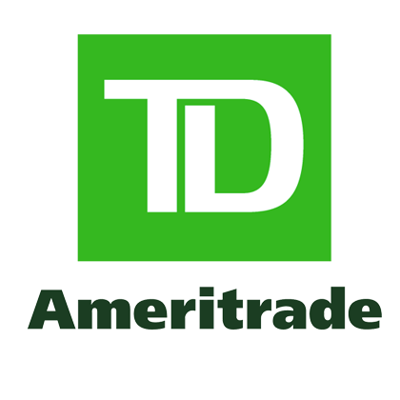
TD Ameritrade only pulls a soft credit check to people applying for an account. However, you have to begin by opening a brokerage account first before anything else since it is a brokerage company. After that, you can open a Cash Management checking account.
So here, we are interested in the cash management account that will allow you to save some cash to earn interest when swept into partner banks and trade-in stocks and still earn something. TD Ameritrade doesn’t charge monthly fees, no monthly minimum balance requirements, and no minimum deposit.
2) Axiom Bank
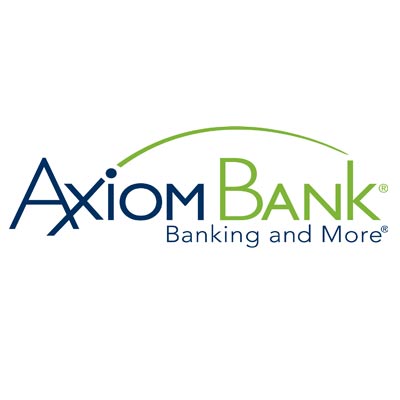
Axiom Bank operates from Florida. It offers a second chance checking accounts for those who have lousy banking history. Therefore, they do not check your credit scores or consult ChexSystems.
You can open the Opportunity Checking account and start enjoying banking services. Unfortunately, the account attracts a monthly fee of $12.95.
It also requires you to make a minimum deposit of $25 when opening your account. Interestingly, you do not need to maintain any minimum balance. You also access no-fee mobile banking.
3) United Bank
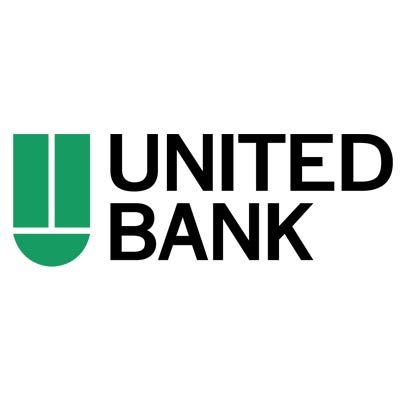
The bank has limited locations in Alabama and Florida. If you have bad credit or appear in the ChexSystems, then the bank can be helpful to open an account. You can open the Gateway Checking account and start managing your current expenditures.
Also, you can benefit from a secured Visa credit card and personal loans. The account has several fees that you must understand before opening your account.
You will need to pay monthly fees of $10. Online bill payments will cost you $4.95, while mobile deposits will cost $2. Amazingly, the United Bank account has no minimum balance nor minimum deposit requirements.
4) The Woodforest National Bank
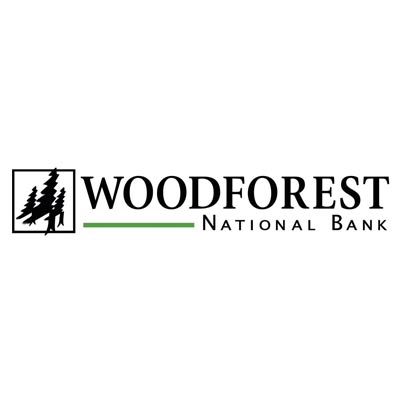
The Woodforest National Bank offers a second chance checking accounts to customers with poor banking history. If you are in the ChexSystems and every other bank denies you a bank account, then getting an account with Woodforest National Bank will be helpful.
Woodforest National Bank’s second chance checking account has fees. You will part with $9.95 when you make a direct deposit, or $11.95 if you use a different deposit method.
Your paper statements will cost you $3, while the account setup fee is $9. Fortunately, no minimum balance requirement. If you opt for e-statements, you will save statement fees.
5) Southwest Financial Federal Credit Union
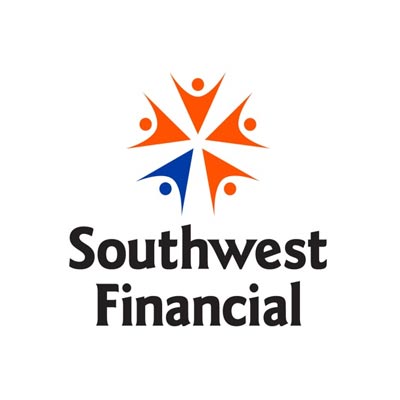
Just like banks, credit unions also offer accounts without checking your scores. The texas-based Southwest Financial Federal Credit Union provides the Checkless Checking account that can help you to manage your expenditures.
The account has no monthly fee requirements nor a minimum balance. You also do not need to make a minimum deposit. The account also allows you to do online banking and also gives you overdraft protection.
6) Capital One
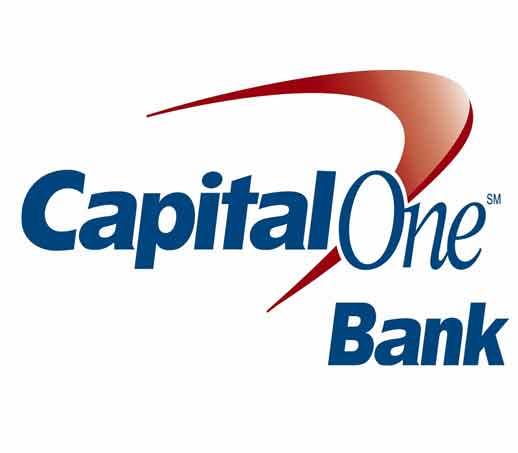
Instead of making a hard inquiry or running a ChexSystems in your account, Capital One only makes a soft credit inquiry which has no effect on your overall credit scores.
The soft credit pull helps the company to determine whether to offer you an account or not. There are chances that you will pass the approval stage.
The account from Capital One has no minimum deposit requirement, no monthly fees, and no monthly balance requirements. With this account, your balance can earn an annual percentage yield of 0.10%.
7) BBVA
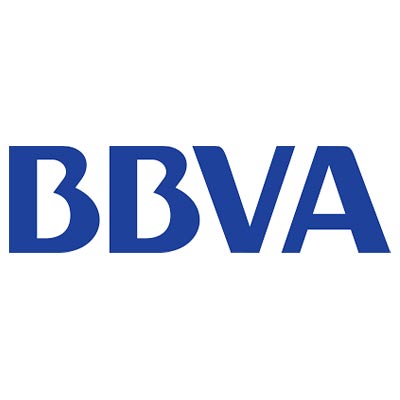
The BBVA second chance checking account allows you to open an account if you have a bad banking history. The Easy Checking account does not require any credit scores, and the bank will not check your past banking activities.
However, it has a $13.95 monthly service fee. The minimum deposit is $25. There is no minimum balance requirement, and you will enjoy unlimited check writing and free ATM withdrawals. You will also enjoy online account management.
8) Wells Fargo
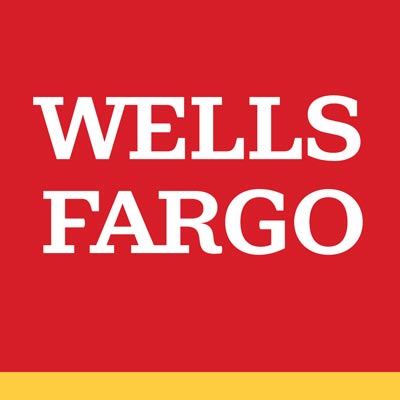
Wells Fargo offers you the Opportunity Checking account without bothering you about your past banking activities. The bank requires you to open your account at a branch, but you will access your account online.
You will have to part with $10 as a monthly fee unless you maintain a $1500 daily balance, directly deposit $500 per statement cycle, or make ten debit card purchases. The minimum deposit is $25, and you will not need to maintain a minimum balance.
9) Green Dot
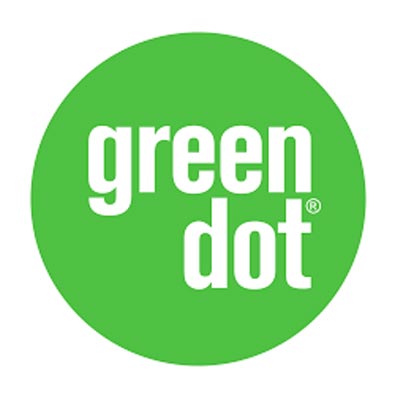
Green Dot is a good option if you want to open an account with a bank that doesn’t bother your banking history. Green Dot also issues a prepaid debit card that will help you carry out your daily transactions conveniently. However, ATM withdrawals cost $3, and the cash reload fee is $5.95.
The account requires monthly fees of $7.95, which you can avoid if you loaded at least $1,000 in the previous month. The account has no minimum deposit or minimum balance requirements.
Bottom line
There are various types of bank accounts that you can open for your financial requirements. The most common ones are the checking and savings accounts. Numerous banks offer bank accounts without bothering about your credit scores or your ChexSystem status.
However, there may be other requirements that include minimum deposit, monthly fees, and ATM withdrawal fees. You, therefore, have to check everything about a particular bank account before applying.
